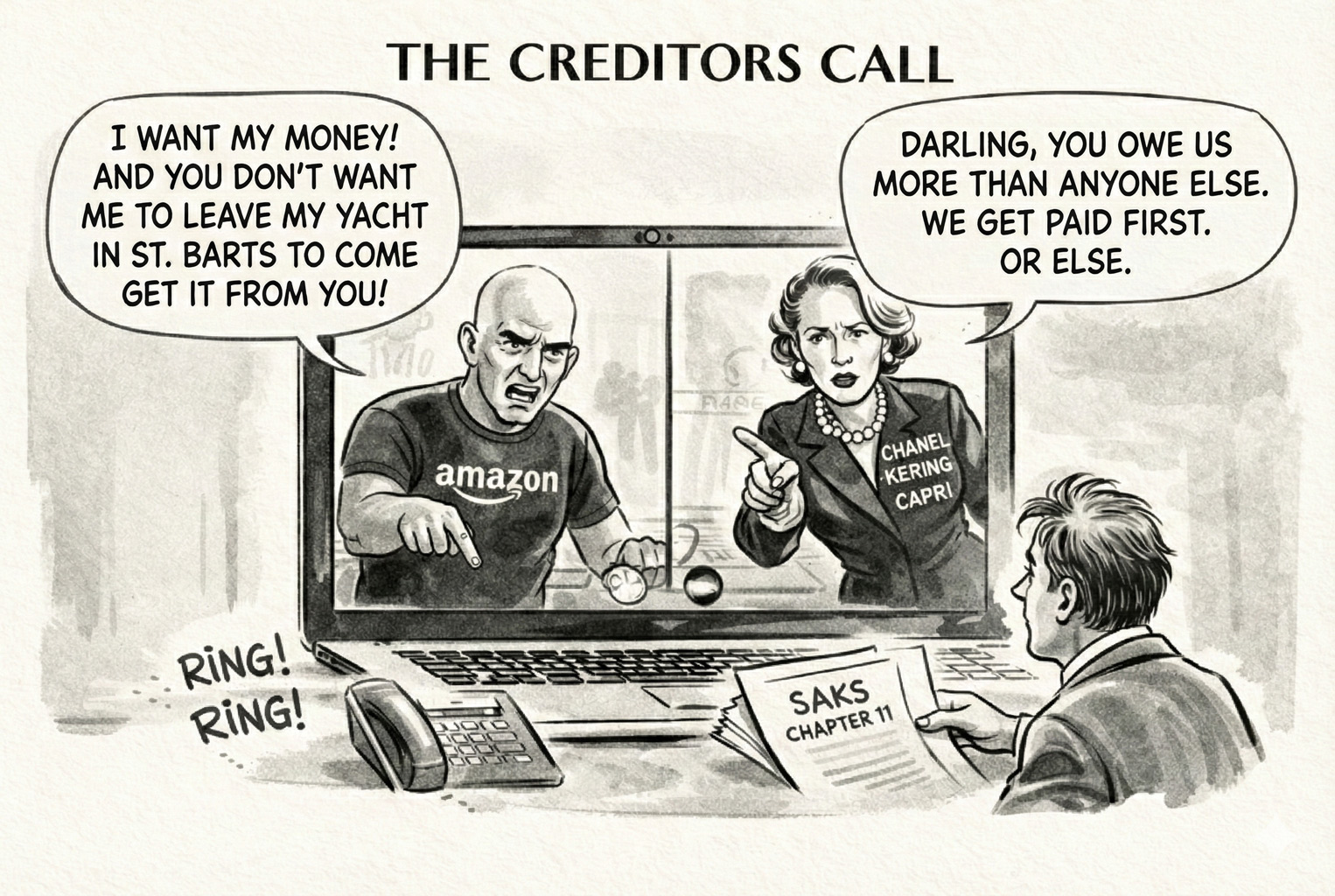
Communities Converge upon Religions

This past Saturday I was sat around a penthouse boardroom during a strategic planning meeting for the 1909 Foundation — a collective of creators, entrepreneurs, and artists here in West Palm Beach. 1909 is one way that I get my fill of community.
I have many other communities: my faith community, my running community, to name a few. They all have their own rituals and rites of passage.
As we discussed the plans for 1909 to make waves in West Palm, it dawned on me. All communities follow the same thread; they begin with an awareness of a deficiency, the need to fill it, the conversion experience, and the proselytizing of other converts. This is a fundamental truth — communities of people will eventually discover their own parallels to this model that Abrahamic faiths have built upon for millennia.
We discussed plans to grow the community, find new members, grow the loyalty of existing members, and even how to spur continued investment by our most faithful. One person even mentioned a “tech tithe”, a phrase I had not heard before, where we contribute to the local startup community for common needs.
As brands become more community-like, we then discover that the “church” has a useful playbook. We become disciples, and we make disciples. The entirety of brand loyalty is built on this principle. In church (I am an ordained pastor, a story for another time), we think a lot about this journey, and it’s mapped out for us in a big playbook we call the Bible. It’s shocking that this playbook has direct analogues to digital marketing in eCom.
From Insiders #028:
You cannot create a community any more than you can create a tree. You can cultivate the tree. You can plant a seed; you can water it, you can put it in direct sunlight. You can provide it with nutrient-rich soil. But you can’t create a tree. You can only provide the right environment in which a tree can grow.
And so it is with communities. You can provide forums for discourse, you can provide space for participation, you can encourage, and even steer, conversation, and you can cheer on those who are taking initiative.
I maintain that you cannot goad people into participating in a community — brand or religious, or otherwise — but you can create the environment in which a seeker will participate.
At every checkpoint of initiation, we find fewer and fewer devout “believers” taking the next step: whether that be at the communion table or by sharing their Gmail contacts on your native mobile app. Those who are all-in behave more and more emotionally, even irrationally, as they spread the gospel of the brand.
So, for community-based brands, the playbook is clear. Find your analogues to baptism, communion, and evangelism. It’s a proven model.
But if Abrahamic faiths show us potential models for brand-building, then the opposite must be true, too. There will be agnostics, and atheists, who are in search merely of a transaction. They don’t need the dogma, they don’t want the hype. They will never be part of your cult.
The decline of organized religion happens to suspiciously coincide with the rise of consumer brands. Coincidence? The Creator Economy is a form of gnosticism: we are all brands unto ourselves, as much as we are also gods.
Much as we saw a rebellion from organized religion over the past century, don’t be surprised when we see a backlash against the millennial brand-religion of the Roaring Twenties. “I just want to buy Cheetos, not be part of a Snack Cult” is a sentence that may not have made sense eighteen months ago, but is one that makes perfect sense to me today. I don’t need a more functional, adaptogen-laden, give-back campaign-stricken, nootropic, CBD-infused, ocean-plastic recycled, community-centric, NFT-backed membership program for a stick of deodorant. Brand atheism could be closer than you think.
And that’s a great place to pick up with this week’s podcast, which explores what a transaction is — it’s an exchange of identity. Wow, that sounds pretty spiritual, doesn’t it?
You can listen to it wherever podcasts are found, or by clicking right here.
— Phillip


The Metaverse / Meta versus multi. Microsoft Teams will have VR capabilities in 2022, and it’s giving us a glimpse into what Microsoft’s Mesh intends to be. Unlike Facebook/Meta, Microsoft doesn’t want to own the metaverse. Microsoft wants to power and hold together a multiverse of endless metaverses by helping companies build their own metaverse and keep their identity consistent across other metaverses as well. Sounds lofty.

The Digital Commons / The outdoors for all. REI is acknowledging the disproportionate number of people of color represented in the outdoors industry with their Path Ahead Ventures program. According to their website, the program “offers full-spectrum support to Black, Indigenous, Latinx and AAPI-owned and -led startups” to help combat the lack of diversity in the industry.


The Age of Fractional Ownership / McNon-Fungibles. McDonald’s McRib is making a limited time return for its 40th anniversary. As part of the celebration they are giving away McRib NFTs to 10 lucky retweeters. The highly exclusive non-fungibles are valued at $20.
The Product Eternal / Fast casual for the planet. Amidst this week’s Climate Change Conference in Glasgow, Chipotle has pledged that by 2030, they will cut their carbon emissions in half. This promise includes emissions created by their restaurants as well as their supply chain.

Commerce as Performance Art / Putting the art in artificial. AI has recently been getting attention and posing new ethical questions after it has been used to finish Beethoven’s 10th symphony, as well as recreate a long lost Picasso painting that was hidden under another of his famous works. Questions of ownership, legality, and the ethics of “producing” work of creators who are no longer living are hampering the excitement of the creators behind these incredible AI feats.











.svg)
